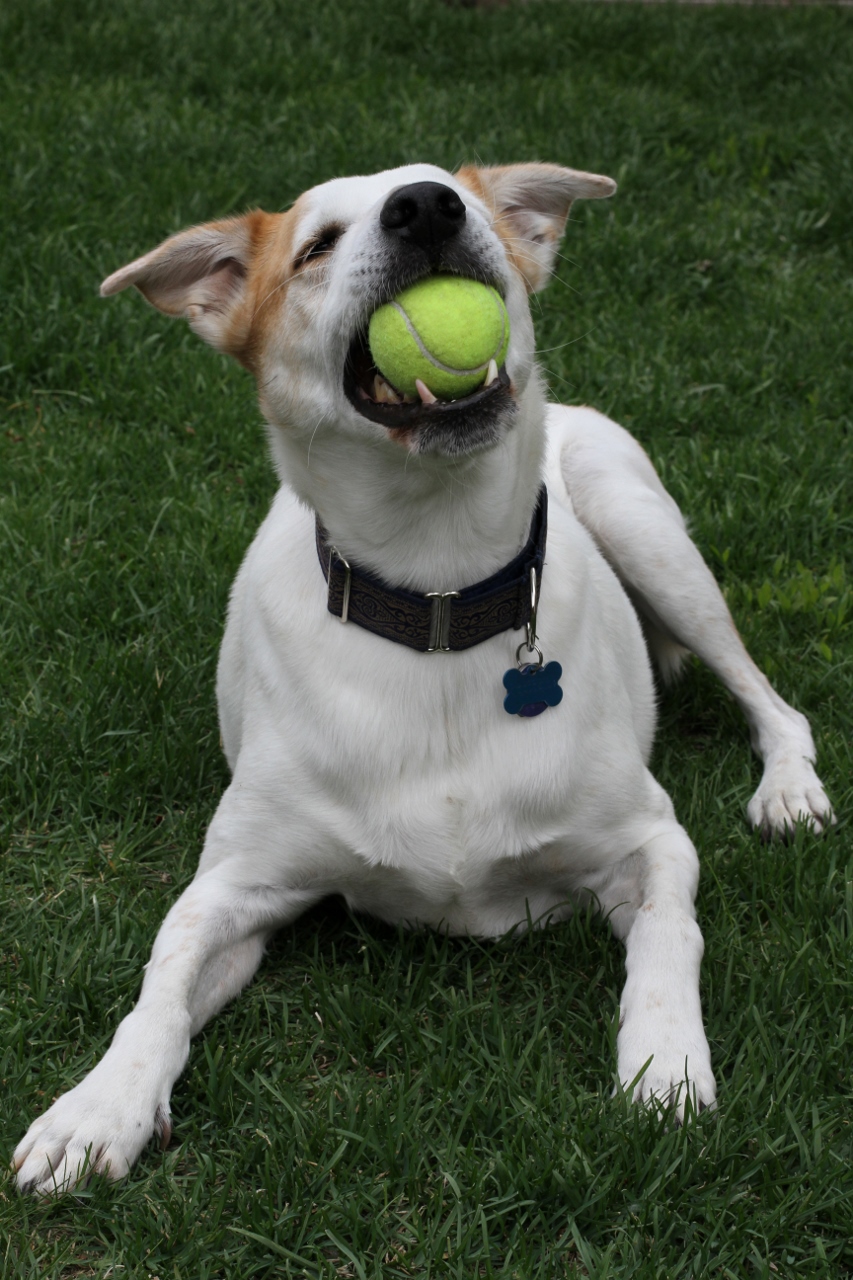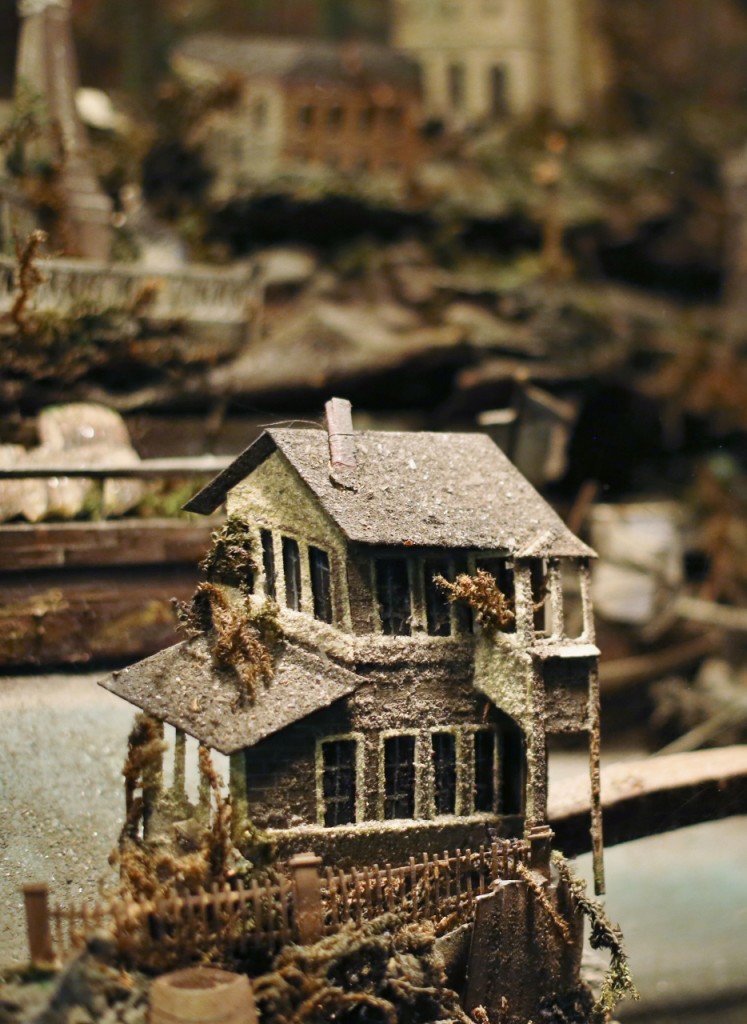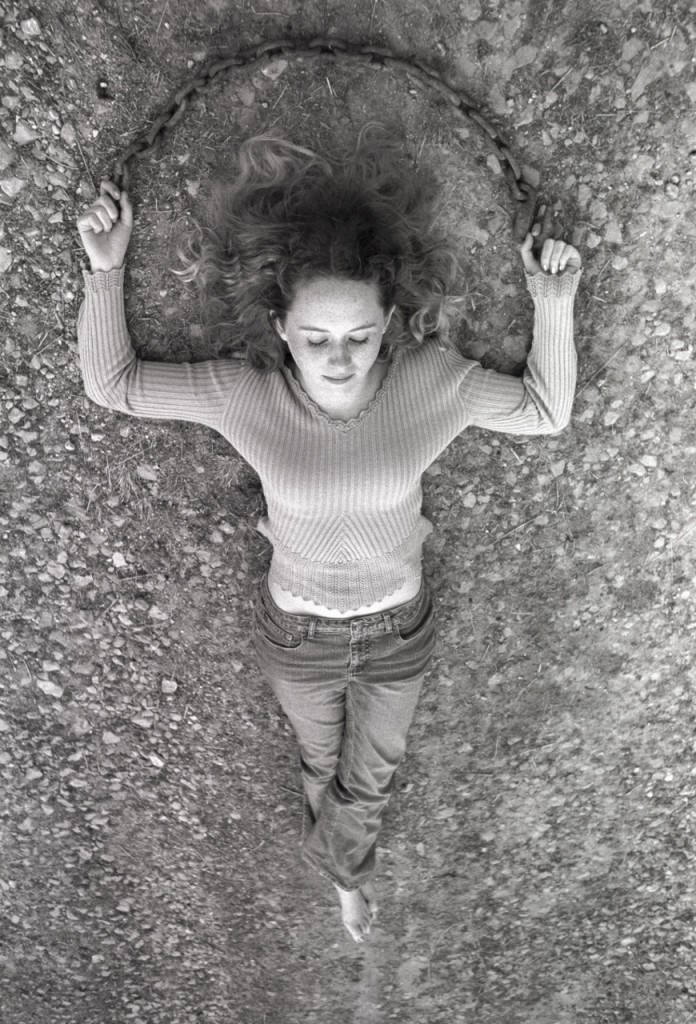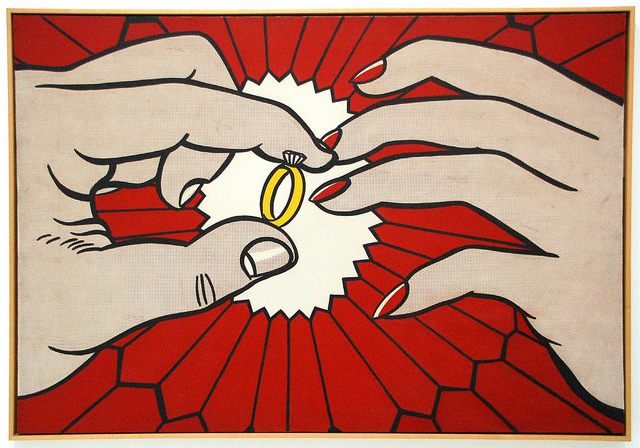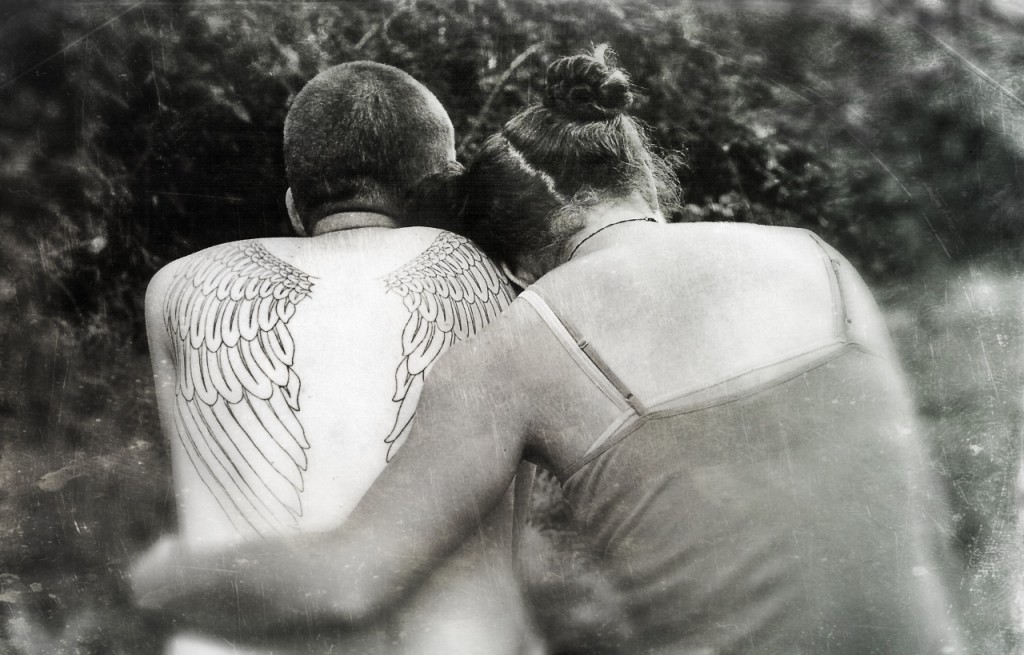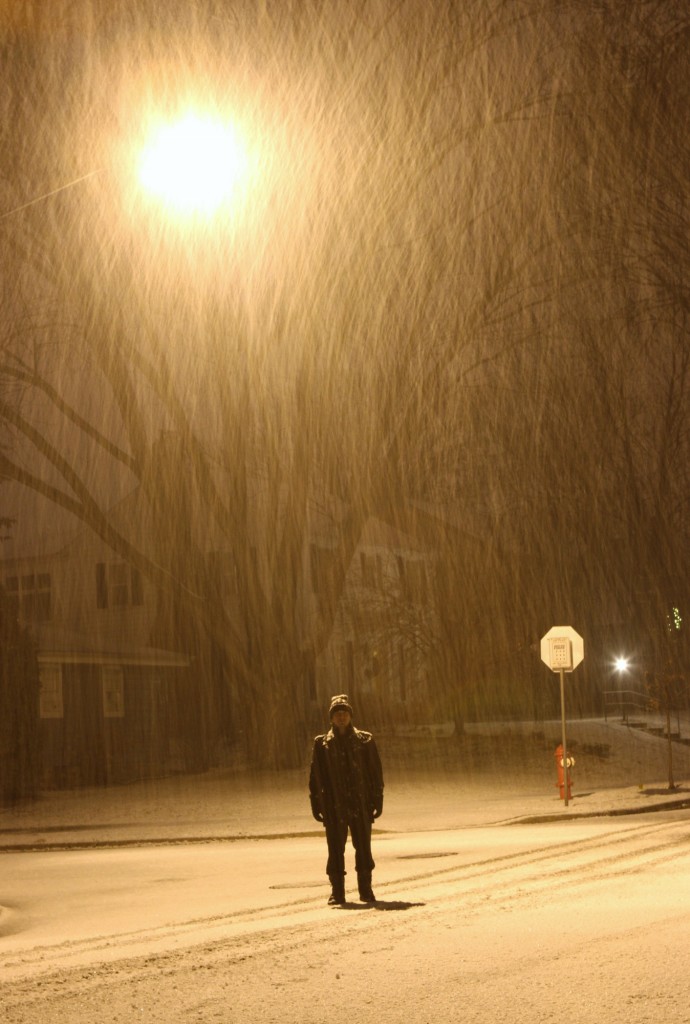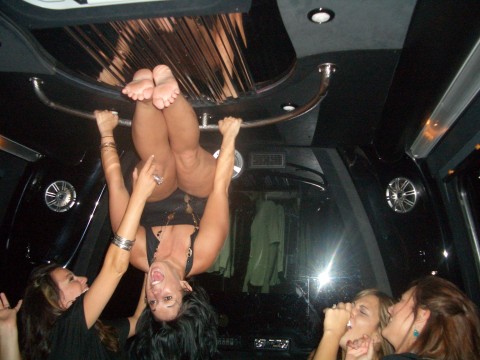
By Hedia Anvar
It’s summer of 1996. At twenty-seven, you are a child but don’t realize it. You go away on vacation. You go away to vacate your life, your job, your worries. You go to vacate yourself. But Italian anarchy turns your trip into the kind that keeps you inside your head, dealing with difficult baggage and train schedules and hotel reservations.
You’ve been to Rome time and time again. Rome is like a hidden-away dirty lover you obsess about while going through your proper daily motions. This time you max out your credit card and buy the trip for two, hoping to save your relationship with Emanuel, your boyfriend and real lover—although less frequently now.
You’ve always had a secret prerequisite—if they don’t love Rome and black licorice, then they can’t love you. But already, he’s not into Rome. He finds it polluted and chaotic. For you, it’s a divine chaos. Think of the Pantheon and Fontana di Trevi in the middle of bus-strike induced traffic. So you rent a Vespa, deciding to make him love Rome by handing it to him in ribbons of asphalt.
Emanuel is more the obscure Wagnerian opera type than a motorcycle guy, so you don’t bother deferring to his maleness, and drive the Vespa yourself. He clutches your back in terror. You discover a natural knack for Italian driving, you just go—at roundabouts, making turns, whatever. No need for mirrors, signals, or brakes. You ride by cobblestoned piazzas where tourists and young Italian men on the make sit at tables drinking espresso, and caricaturists collect money for drawing misshapen versions of passersby. You whiz past ancient ruins plopped like stage scenery right there amid urban excess, mobile communication and designer transaction.
You’re an extension of the Vespa, and through the friction of the road, the asphalt is an extension of you. Speeding along its routes, you are Rome. This is the best way to get a place under your skin and troubles out of your hair. Noise and exhaust fumes whirl around the Roman baths, dose after dose of the sublime co-mingling with the cosmopolitan to have a narcotic affect on your perception. You’ll always return to Rome like an addict, except on the Vespa, it’s you flowing through Rome’s arteries. And there to the right, twin babies Remus and Romulus of legend, raised by wolves to become founders of Rome, spout water out of stone mouths.
You drive Emanuel’s stiff, white-knuckled body for the greater part of the day. Circling the Vespa around the Colosseum, your skin sheathed in warm air, you come closest to leaving yourself on this trip. He pleads with you to stop, but you pretend not to hear over the motor.
The reason you eventually park in front of St. Peter’s Cathedral, that immense and intricate monument to god, is only because it’s a dead-end. The off-limits Vatican City lies behind it. Unfortunately, now your boyfriend’s pleas reach your ear with no more room for doubt and you can’t very well turn around and whiz off again. Not right away.
You’ve never been big on visiting churches. And when staring up at the biggest one of all, which apparently took one hundred fifty years to build, the image that comes to mind is not of thousands of worshipers but thousands of tourists. You briefly think of the slaughter that has gone into religion over the centuries in the name of god—your kind and equitable god. But mainly your thoughts linger on the Vespa and getting back on it as soon as possible.
Emanuel can barely stand. Creases blackened with exhaust fume mark the tension in his forehead. He looks plucked. Later in the hotel room, you’ll observe his narrow buttocks to be covered by two flower-shaped sores from the moped seat. You decide to do something on foot for his sake—visiting St. Peter’s is an act of mercy on your part. Anyway, you’ve been anxious to cram all aspects of Rome into him.
The guards won’t let you into the cathedral because you’re wearing a tank top. You’re pleased with the tank top, because riding around in the sun has made your shoulders glow nicely. You feel cozy. But after the Vespa, you also feel unexpectedly weighted—it’s weird to be slowed down to your own two feet.
You and Emanuel step to the side and alongside the bohemian types proceed with the business of undressing and exchanging clothing. He takes off his blue button-down shirt then the tee-shirt underneath, and standing bare, white and slim-chested in front of St. Peter’s, he hands you the latter and puts back on the button-down—no way were you going to wear the dopey blue shirt. So, instead stinking of Emanuel’s terror in his tee-shirt, you walk into the cathedral and wonder if god finds body odor less offensive than bare shoulders.
Inside it’s dark and enormous. There are probably magnificent statues and stained glass, but you won’t remember them. You will vaguely recall extremely tall vaults or apses or columns. You recognize the cross-shaped floor plan of cathedrals from college art history. So this is where Charlemagne was crowned, according to the brochure. At least Emanuel is impressed.
Once outside again, you notice a line of people. It turns out you can take a lift into the actual dome and climb the basilica to the view from the top. Now that’s worthwhile—seeing all of Rome at once. Up there you’d inhale the city in one gulp, whereas with the Vespa, you wrapped it around yourself. Up there, instead of an ant crawling along Rome’s edges, you become a bird hovering over it. Rome, doing Rome, your favorite city in the whole world from all positions…
A sign next to the ticket window for the dome warns that after the lift there are 326 steps to climb. You are young and suffer from no heart conditions that you know of, and proceed.
This is what happens on those 326 steps when you have an uncertain relationship and a messy head.
You are in a dome, like in a head, inside a skull, the way you are inside your own head. There are dozens upon dozens of yellow, narrow stairways as if out of a Dali painting. There isn’t simply one set of 326 steps leading to the top—there are as many sets as fit around the inside of the rotunda, and the enormity of the rotunda just doesn’t compute through your human senses. The ascent itself is more a zigzag than a climb. The bizarre placement of the incline must be due to some unknown structural requisite and throws off all equilibrium, winding widely around other sets of stairways, then slanting narrowly into the inward curve of the dome head. There the concavity hovers over the side of your head—one head against the inside of another.
The stairways are like suspended bones, forming together an intricate skeletal system without visible support—the Vatican’s Chamber of Horrors. You wonder who cleans those steps, when, and how often. Is this where they send sinners? Maybe as punishment they leave food for prisoners in a different spot every day, trading one set of dizzying steps for another and causing the victim perpetual circular confusion. Emanuel does not laugh at this speculation.
The nightmarish quality of the stairs reminds you of a book you read in grade school in which a handful of teenage-orphans-turned-lab-experiments were trapped in a space of apparently infinite stairways leading nowhere but to other stairways. Except while the series of stairs in the book implied space, the stairs in the dome are a claustrophobic’s Orwellian fear. A mind might grasp multiple—straightforward—sets of steps spiraling up into the same space and narrowing with the ascent. But inside the dome, there’s no room in your head to sort it out as you swing around one corner and then its opposite, on to the center, then back to the side, all the while bypassing haphazard stairways overhead or walking at a tilt to avoid collision with the dome head.
There is the metallic odor of the steps themselves, mingled faintly with vomit from the weak-constituted and dizzy. Emanuel has a green tinge rising in his own complexion, but the thought of his outburst on your cherished Vespa leaves you unconcerned with his queasiness. He wanted to be on foot and on foot he is.
On the walls there’s unimaginative black graffiti—idiots leaving their mark. Funny, you’d inject Rome into yourself intravenously if you could, but others feel compelled to scribble on it. As if anyone cares, god or otherwise, that they hauled themselves up 326 steps with a black magic marker. Really, it’s the only place all day where god hasn’t been present. God definitely rode the Vespa with you around the Colosseum. Until, of course, Emanuel’s sour lack of enthusiasm kicked him off. Climbing inside his house now, you wonder what god would think of you tormenting your boyfriend with the force-fed gift of Rome. Isn’t that like religion, doing bad things in the name of good?
You and Emanuel curse the stairs all the way up. The only solidarity the two of you share nowadays is during times of mutual complaint. There are inklings of the paranoid in you while inside the dome. What if you get trapped in there? Seriously, what if? More pestering, why do you feel like you’d deserve it? Your head spins as much with your thoughts as with the winding stairs. You are the head inside the head, the little person sitting inside the big person and orchestrating thoughts, poking away at the hapless giant from the interior. What happens to love, where does it go?
Panting and sweating, you and Emanuel finally reach the 326th step. You pat each other in meek triumph. Then you link arms, step out of the dome, and onto unimaginable release.
No brochure can capture that specific unburdening once you step out and find yourself standing on the narrow terrace encircling the dome tip. Let’s say the interior of the dome and its stairs are the equivalent of Dante’s first and second circles of the Inferno. Outside on the tip then, with its offering of light and relief, equates the foot of the Purgatorio.
You’re both incapable of speech. You just can’t be so high that you see all of Rome and its haze-lined orange rooftops, ancient limestone and shimmering traffic at once. You certainly can’t have gotten there via that round interior, defying all orientation. You always associate this sort of height with modern engineering—airplanes, the Empire State Building. But this is old. And round. Height is supposed to come from length. Even the climb up wasn’t up—it meandered. Leaning over the low railing, you see the tops of birds in flight instead of their bottoms—you are higher than birds fly! You and Emanuel breathe greedily like the air might be made up of tiny diamonds, and indeed, your pores feel the way aqua minerale sparkles.
Above the city, there is a sort of quiver expanding over the pollution and concrete. It reaches beyond the old stones and gingery shingles, and extends farther than the scaffoldings of excavations and restorations. It’s somehow separate from and in addition to the immediacy of present day Rome and its undercurrent of the ancient, as if this Rome of modern decay, even conjoined to the past, is more than the sum of its parts.
Of course, back in New York, in a matter of weeks the two of you break up. But on that terrace, god who rode with you on the Vespa, joins you both in one heavenly flicker. It’s as if god had his eyes shut while you clambered in the darkness of the dome, but opened them outside along with yours, and so shedding light on all the world.
Graced with that one perfect moment, you are now vacated.
In the next twenty years, you will not visit Rome again. A whole generation will have passed, and more astounding than the changes taking place in you is all that remains the same about you. You’ll still be self-absorbed but now you will know it.
Nothing will dismay you like the description of the new Rome—not the burden of two decades on your skin, not your failures. Over a catch-up coffee, it will be your ex-boyfriend who tells you about his recent visit to Italy and how he finally loves Rome.
After the two of you discuss the Vatican’s progressive new Pope, Emanuel will speak of gleaming facades, glistening cobblestone and a newly closed-to-traffic pedestrian walkway around the Colosseum. Your mouth will go slack, as if hearing the junkie artist lover of your youth has become a Wall Street executive.
All those worlds away, when you were young and found tragedy romantic, you could have overdosed in the arms of Rome with a smile on your lips. Instead, you’ll smile above your decaf cappuccino at Emanuel without really seeing him.
What you’ll see is you on a Vespa, riding the Colosseum before they scrubbed up Rome.
•••
HEDIA ANVAR is a New Yorker transplanted to Los Angeles by way of Iran. In between, she lived in France and Italy, which either expanded her world-view or culturally befuddled her. She is currently working on a novel and writes about her case of “chronic dichotomy” gunmetalgeisha.com. You can find her on Twitter at @ravnah, on Instagram at @hediaanvar, and at facebook.com/gunmetal.geisha.

 Follow
Follow
